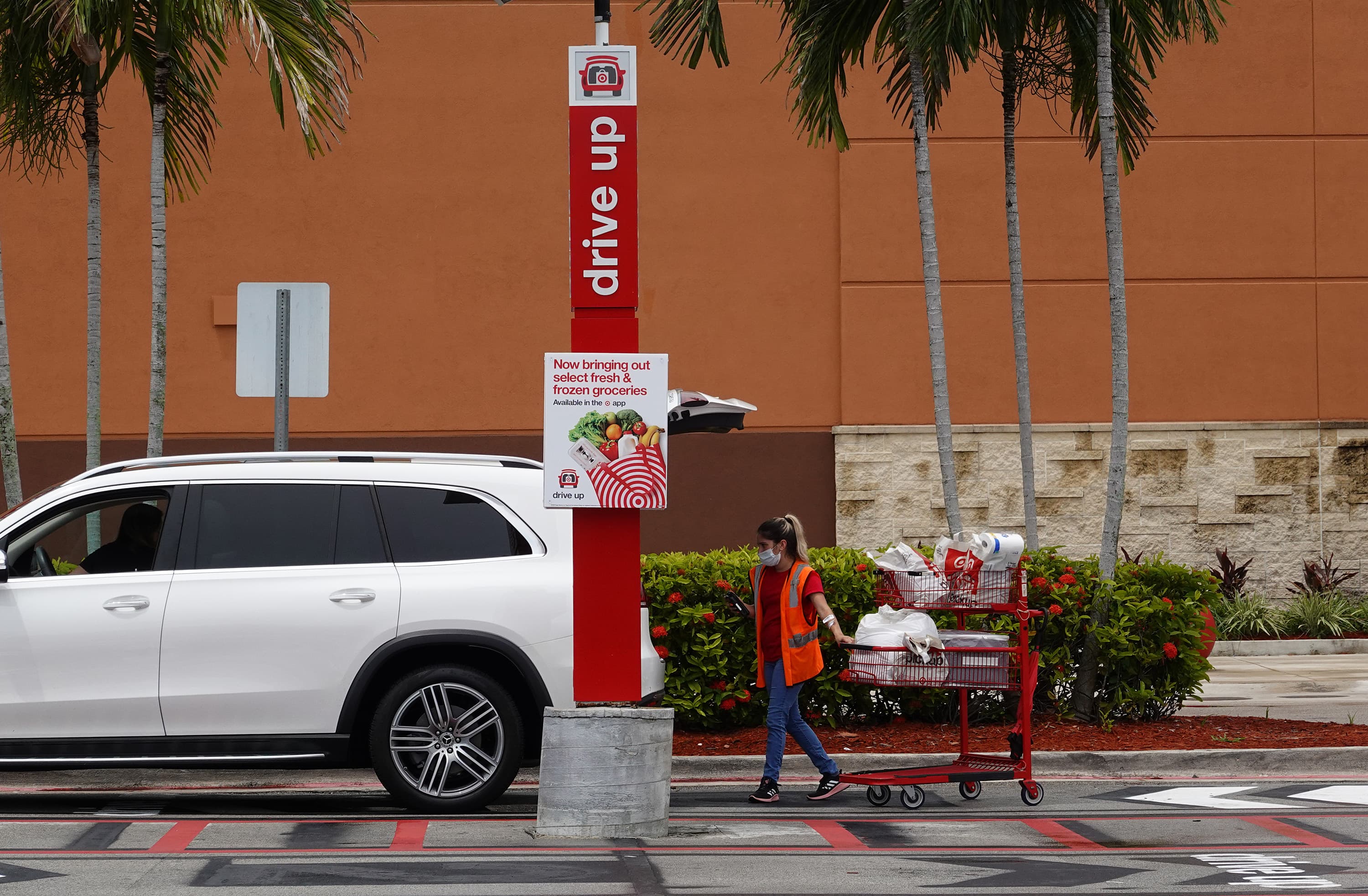The least stressful job that pays over $100K, according to data—and how to get it
Among O*NET's list of jobs that are comparatively lower stress is environmental economist, in part because it's less competitive and highly fulfilling.

Stress on the job is a common phenomenon. A majority of workers, 79%, experience work-related stress month-to-month, according to the American Psychological Association's 2021 Work and Well-being Survey of 1,501 U.S. adults.
Some jobs, however, are less stressful than others. The Department of Labor's Occupational Information Network, or O*NET, ranked 873 occupations by level of stress by noting the importance of accepting criticism and dealing calmly with high-stress situations in each job. And some of those relatively low stress jobs also pay handsomely.
The least stressful job on the list that pays more than $100,000 per year is environmental economist, with a ranking of 52 out of 100. It pays a median annual salary of $105,630, according to O*NET.
The position calls for conducting research on environmental topics like public and private land use, air and water pollution and endangered species preservation. It calls for presenting the results of said research in articles or presentations and for assessing the benefits of environmental policies and regulations.
Most environmental economists need a relevant master's degree or Ph.D to get hired, as well as some work experience.
In terms of why the job might be comparatively lower stress, "They're not working in very competitive conditions," says Sinem Buber, lead economist at ZipRecruiter. Some of these positions could be done in governments or universities, which could hold more job security. They're also less competitive than economist roles at businesses, where workers have to help meet a certain bottom line.
Environmental economists also have a great deal of freedom within their role, according to 81% of O*NET's respondents.
Plus, "it's really a fulfilling job," says Buber, "knowing that you are doing something good for the environment, that you're doing something good for humanity. It gets them going every single day."
If you're considering doing the work to become an environmental economist yourself, keep in mind, all job experiences are relative, and no job is stress-free altogether.
"I think it would be challenging to find a job that had zero stress," says Vicki Salemi, career expert at Monster, even this one. "It's important to emphasize this is lower stress. It doesn't mean there's no stress at all." And even if the job itself is relatively lower stress, a "toxic environment can amplify your stress tremendously" if you're not getting along with your boss or colleagues, she says.
Make sure to speak to people who work at an organization you're applying for while still in the interview process to a get a sense of the culture on the inside. Having as much information as possible can help you avoid toxic work environments, regardless of your role.
Check out:
10 low-stress jobs that pay more than $100,000 per year and how to get them
$2 million ranges, deleted job posts: NYC's salary transparency law is off to a rocky start
Hiring is still booming in some industries, but falling in others—and job seekers are worried
Sign up now: Get smarter about your money and career with our weekly newsletter


 ShanonG
ShanonG 































